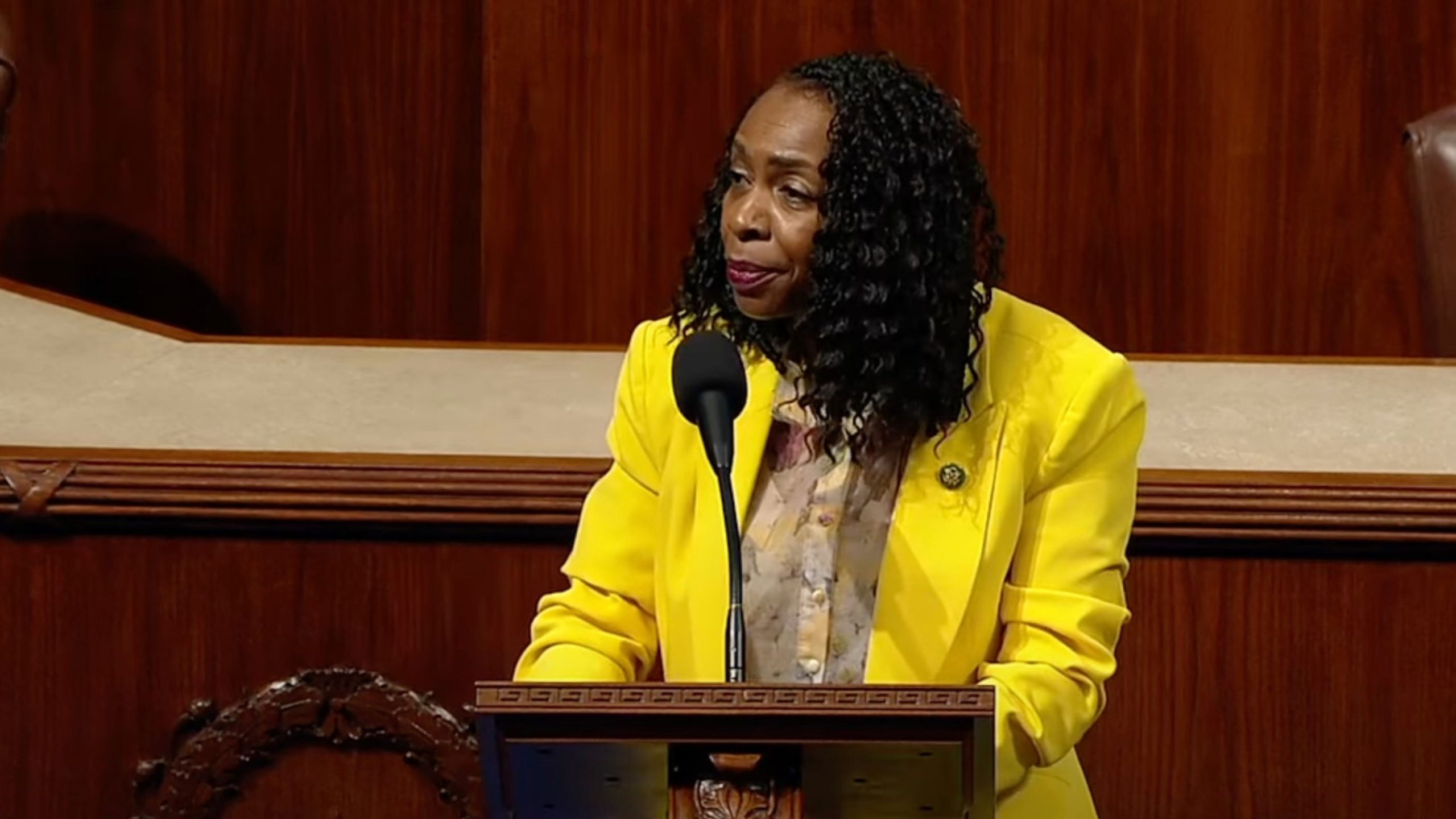Congresswoman Yvette Clarke made one of those last-ditch efforts ahead of the US elections to persuade her audience that things like deepfakes, as vehicles for “misinformation,” are capable of “subverting the democratic process.”
Equally, this kind of narrative that’s permeated the campaign season, tirelessly repeated, is likely to continue after this year’s ballot, since the overall goal now is to introduce new laws that would “regulate the field.”
It’s worth noting that this line of thinking has been treating even obviously humorous and/or satirical AI-generated memes as “dangerous misinformation” that can “disrupt an election.”
As of the time she made the statements, Clarke sat on the House Energy and Commerce Committee as its vice-chair, and on the House Homeland Security Committee.
In order to fight what she considers “manipulated content,” one of the congresswoman’s demands for social platforms – who she said are publishers – is to use disclaimers or watermarks branding content as manipulated.
There’s also the focus on new legislation, which, according to Clarke, should make those platforms “responsible” in making sure that what she refers to as their “customers” are not deceived.
Clarke spoke about something called “Real Political Ad Act” which she said she introduced early in the election cycle that just ended on Tuesday. It concerns deepfakes, in terms of how they can be “weaponized to deceive” Americans.
Naturally, the congresswoman was not referring to her own statements about the effects of the technology but was simply repeating some of the key campaign mantras.
“You can disrupt an election, you can disrupt voting. There are a whole host of ways in which this technology can be used to subvert the democratic process, and we have not protected ourselves in time for this election cycle,” Clarke said in September.
This legislator also shared she was not convinced that “enough Americans” are able to draw their own conclusions – where one she would like them to draw is that, “our ecosystem is the Wild West and within that is false information, deceptive information.”
Clarke went on to declare that social media platforms are publishers who should be operating under the Federal Communications Commission (FCC) rules.
And that means they must make sure “there’s either a watermark that makes it possible for the public to know that this has been manipulated content or a disclaimer that says that the information that is being received is either for entertainment purposes or it’s fake news.”
That sounds like more work for the by now thoroughly discredited “fact-checkers.”
Clarke also lamented the fact a growing number of Americans rely on the internet to get their news instead of “traditional cable broadcasting” (she somewhat disparagingly – and confusingly – refers to this shift as “adopting sort of virtual lives”).










